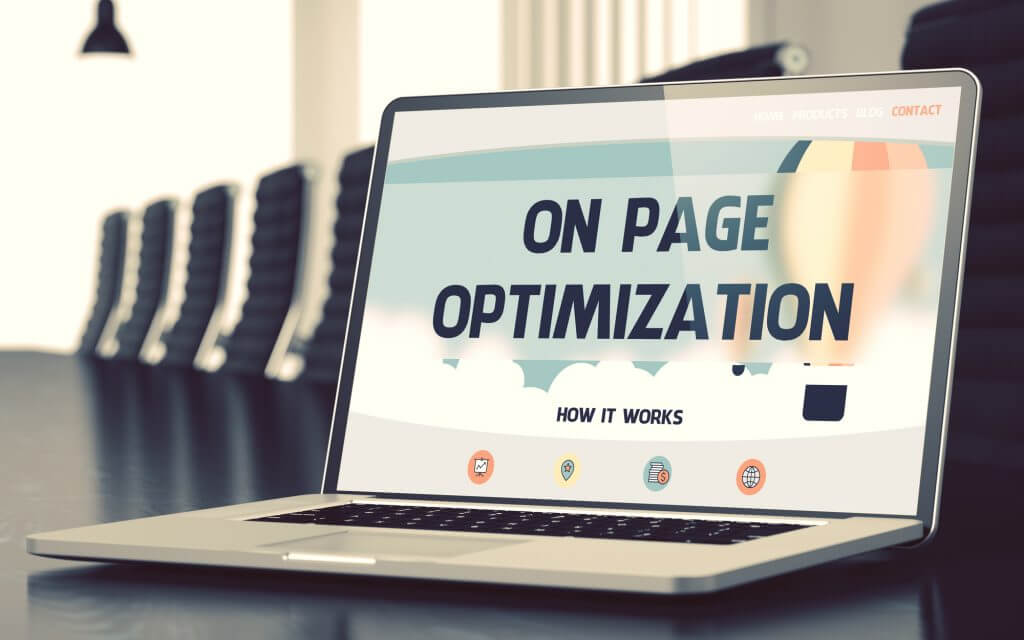How to Optimize Web Pages for SEO and Have a Better Ranking

Why is on-page optimization important?
Inasmuch as off-page optimization seems to take precedence, having great on-page optimization cannot be underestimated.
Google analyzes on-page content to figure out the content on the page.
Running a website or blog that attracts little or no traffic is stressful at the very least.
It is, therefore, best to learn ways in which you can create traffic to your site and transact some business as well.
Here are a few ideas on How to Optimize Web Pages for SEO
Optimize Your URLs for SEO and Ensure They Read Well
Optimize Your URLs for SEO and Ensure They Read Well
SEO search engine optimization teaches you that URLs are important because they appear within the search results and add value to your keywords. In essence, the URL is part of your advertisement.
A legible URL is bound to get someone interested in looking closer and hopefully clicking on it. If it is barely discernible, a prospective customer or visitor will give it a cursory glance and keep it moving.
The Structure of Your Website
Where has Google placed your site?
If it is in the top five slots, then Google considers the content on your site very relevant. In this case, you must have done something right as far as your keywords are concerned.
Also, it would mean that your site structure is relevant and the content therein is placed in categories that rank higher in terms of searching.
The Title of Your Page
Apart from creating catchy and relevant titles, you should also consider optimizing the page title.
The length of the title is something you must take into consideration since Google may cut some of it off and finish it off with some ellipses.
There is a minimum number of characters that Google allows for display in search results.
Should Keywords be used in the Page Title?
Keywords work in the title as well as they do in the body. You should, however, ensure that the main terms of your content appear in the title.
Also, it is important to note that keywords at the front of the page title are more valuable than those at the end.
Moreover, the wording of the page title is of vital importance.
Most Google users are searching for instructions or tips as they search for solutions on the site. They are therefore more likely to type ‘How to…’ in a bid to see whether there is any content that covers that need.
Thus, a good title will have a format that promises a solution. You may also want to run a search of the most asked questions, especially in your niche.
This would assist you in creating content that will attract new users and potential customers to your site.
Give your Title Page a Makeover for the Search Results
- A title page that looks good is important for the search results. Users are more likely to visit a site that has an attractive title than one with a basic one. Your site may not even be in the top slot or even the second, but a nice title could get users making a beeline for your site.
- Users are interested in finding a site or a page that promises to offer the solutions that they are searching for. Whether it is information about a service or a specific product, they will be looking at specific words in the titles that will pop up. Hence, make sure that the page title promises to fulfill that need.
How to optimize your content to rank better
The basis of a good website or blog is the content. High-quality content that not only fulfills the need of the visitor but also shows depth and knowledge of the content matter is bound to attract more visitors.
They will refer to it, link to it and share with their friends even on social media sites. Keywords take second place to quality content.
That said relevant keywords and great content go hand in hand. These are the vehicles that take users to the content they are searching for via the links they use.
The most important keywords which will lead users to your content must be placed prominently within the body of your content. What you must avoid with keywords is:
- Giving them prominence over quality content.
- Forcing them into the content.
If they do not fit naturally, then you might be using them in the wrong content. Forced keywords are not easy to camouflage within the content.
They also need to relate to each other. These days, it does not matter how frequently keywords appear in the content. What matters is how well they fit into the content.
Keyword variance
By keeping your content focused around a single topic per page, you should find that you naturally create content where the keywords have a strong relationship.
This gives a strong indication to Google what the page is about, and therefore what it should rank for.





